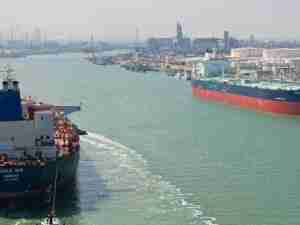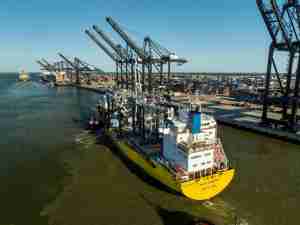The ICE cotton futures contract’s delivery points were set in the 1920’s and need modernization.
- Ownership of licensed warehouse capacity at the current delivery points under the contract is highly concentrated.
- Merchants and producers in the Southwest face major obstacles to delivering under the current contract, both because the designated delivery points are out of the flow of local export-oriented commerce and because the concentrated ownership of the warehouse capacity does not provide ready access to warehouse space.
- During March 2008, the contract’s dependence on a few merchants to provide sufficient liquidity to ensure cash-future price convergence broke down
- Since March 2008, the basis on merchant-to-producer forward contracts that reference ICE cotton futures prices has widened considerably. These conditions have sustainably reduced the utility of the ICE cotton futures contract for hedging purposes.
- Adding appropriate delivery points would help address the problems of over-concentration of warehouse control, inadequate liquidity, and reduced hedging utility.
PCCA Commission Agriculture Committee explained why Corpus Christi location and modern export–oriented infrastructure and commercial flows will be an excellent addition as a new delivery point. Corpus Christi (CC) offers a combination of attributes that no other potential new delivery point can match:
- CC is a transit point for a substantial amount of high quality South Texas cotton production.
- CC has substantial warehouse capacity already in place. Every year, around 500,000 bales of cotton goes towards export markets.
- CC will help ICE cotton future contract’s problem with over-concentration.
- Because the majority of the cotton stored in CC warehouses head towards export markets, local pricing is delivered from world cotton prices. Therefore adding CC as a delivery point will help generate a futures price under the contract that is representative of the cotton prices in general.
- CC offers multiple transportation modes, including port and rail facilities from which cotton can be exported.
- Port Corpus Christi is undergoing substantial development that will make the port capable of handling the new larger ships that will go through the Panama Canal after its expansion is completed in 2015. CC therefore will likely become an even more attractive transit path for Far East cotton exports in the future










